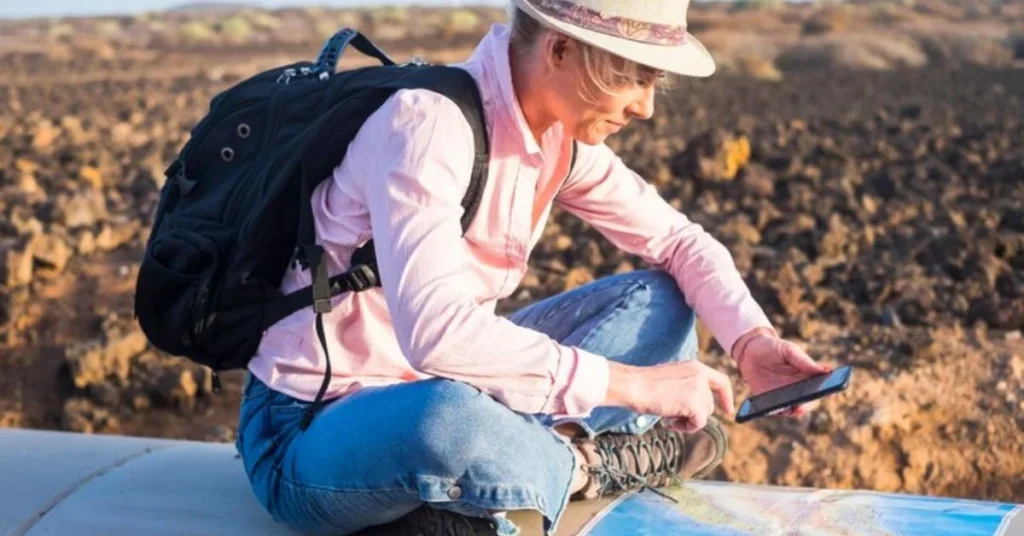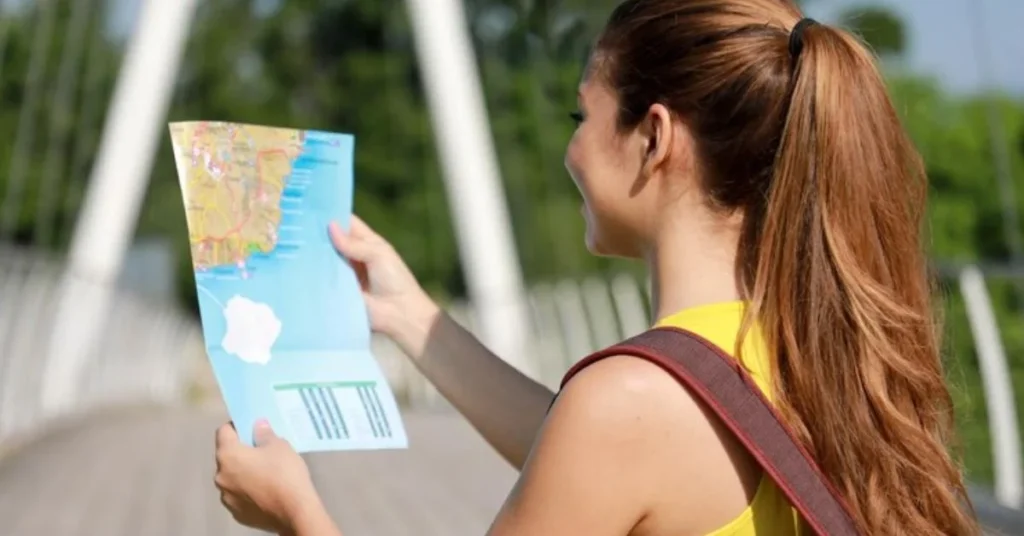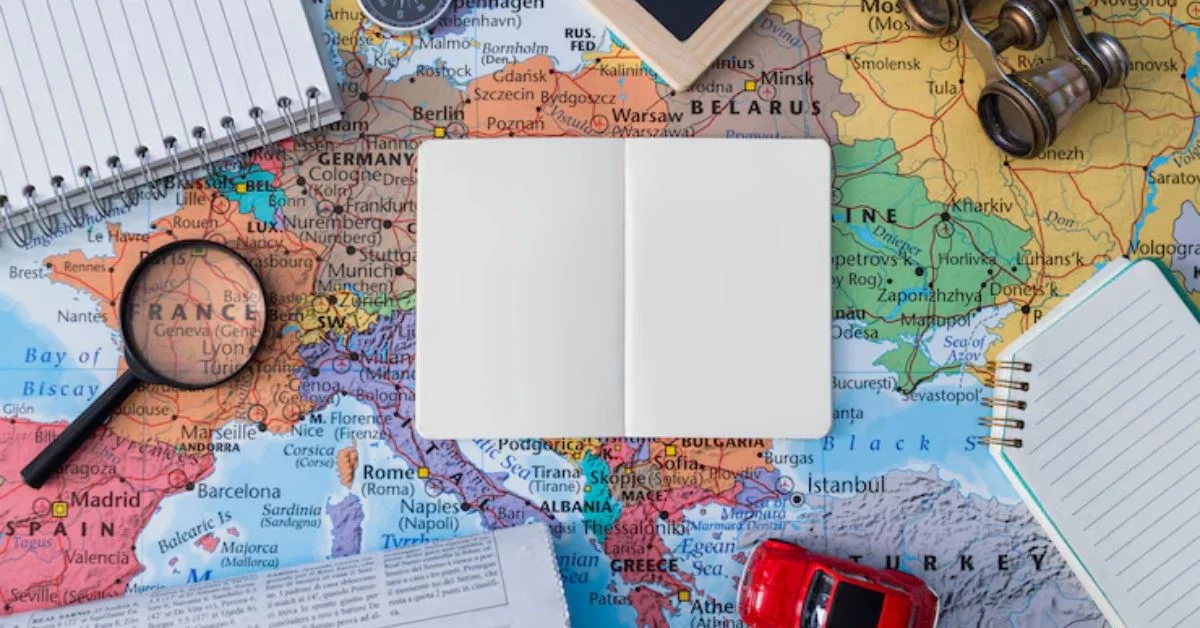In an internet ecosystem dominated by either slick tourism boards or Instagram influencers, Politicser.com’s Pepperboy Travel Archives offers a startlingly different lens—one where geopolitics, social justice, and cultural critique intersect with the notion of movement and place. Its very name—Pepperboy Travel—sounds almost whimsical at first glance. Yet behind the name is a project that is anything but frivolous.
As a curated collection of long-form travel writing, historical dispatches, photo essays, and political cartographies, the Pepperboy Travel Archives stands at the radical edge of 21st-century travel journalism. Rather than idealize destinations as escapist retreats, the archives investigate them as sites of contention, memory, and transformation.
This deep-dive explores the origins, themes, contributors, and digital philosophy of this unique media initiative, revealing how Politicser.com is quietly reshaping what it means to travel—not merely across land, but through ideas.
Politicser.com: The Parent Platform
Politicser.com began as a niche publication covering global political phenomena with a particular emphasis on untold narratives and non-aligned perspectives. Unlike traditional think tanks or partisan news sites, its editorial team is composed of transnational scholars, investigative journalists, artists, and digital ethnographers.
The Pepperboy Travel Archives emerged as a thematic extension of this mission: to interrogate how space, mobility, and power coalesce. The premise was simple yet disruptive: what happens when we take politics on the road?
Launched initially as a side feature in 2019, the travel archives quickly gained traction, becoming one of the site’s most visited and cited sections by 2022. Its appeal lies in how it turns the traveler into both witness and analyst.
What Are the Pepperboy Travel Archives?
The name “Pepperboy” is an intentional reference to duality—evoking both the spice routes of old and the contemporary archetype of the wandering observer. It is also, according to internal lore, a nod to an early contributor’s travel diary moniker.
The archives consist of:
- Geo-tagged essays
- Field reports from conflict zones
- Borderland narratives
- Urban decay photography
- Archival re-interpretations
- Political food travelogues
Each piece is tied to a place, but never for the sake of novelty. Instead, contributors attempt to unearth layered meanings, be they colonial residues in Lisbon’s public squares, surveillance infrastructure on the roads of Xinjiang, or labor politics in the port cities of Latin America.

Editorial Approach: Not Your Typical Travel Story
Mainstream travel content often strips destinations of political context. Pepperboy, by contrast, embeds itself in that very context.
1. Place as Process
Places are not presented as static or picturesque. They are seen as living organisms shaped by history, policy, capital, and resistance. A story about a road in Mali, for example, doesn’t just describe its physical state, but how it was funded, who built it, and which groups patrol it.
2. Authorship as Testimony
Articles are often written in first-person, but not narcissistically. The goal is to provide positionality—to let the reader know who is speaking, from where, and with what stakes. This creates an ethical framework that resists the “neutral observer” fallacy.
3. Layered Media
Each piece integrates maps, footnotes, audio recordings, and user-sourced updates. It blurs the boundary between narrative and database, turning travel into a collective intellectual project.
Key Themes Across the Archives: Politicser.com
A. Border Politics and Passage Rights
One of the most powerful themes is the politics of crossing. Stories from North African migrants in Calais, Ukrainian women at wartime checkpoints, or Kurdish smugglers in the Zagros Mountains reveal the often-invisible architecture of state power and exclusion.
B. Ecological Fragility and Climate Travel
From disappearing islands in the Pacific to thawing permafrost in Siberia, climate is not just a backdrop but a protagonist. Contributors travel to the frontlines of environmental change, reporting on both ecological degradation and local adaptation strategies.
C. Post-Colonial Urbanism
Cities such as Nairobi, Karachi, and Port-au-Prince are explored not as chaotic metropolises but as palimpsests of colonial planning, neoliberal experimentation, and grassroots resilience. Photo essays and walk-through audio guides highlight contested spaces like colonial statues, gentrified neighborhoods, or militarized civic squares.
D. Food and Resource Politics
Pepperboy’s “Political Gastronomy” series explores how foodways are shaped by international trade, conflict, and migration. One memorable entry traced the journey of lentils from Canadian farms to Syrian refugee camps, linking global commodities with personal nourishment.
Signature Works in the Archive: Politicser.com
“Checkpoint Dust: The Road to Dakhla”
An account of traveling through the Western Sahara, this piece is both a travelogue and a geopolitical primer, touching on Moroccan expansion, Sahrawi resistance, and the role of phosphate mining in shaping borders.
“Shenzhen Skins: Architecture and Surveillance”
Here, an urban planner writes about their month living in China’s tech epicenter, observing how public spaces are mapped and monitored. Accompanied by drone footage and thermal imaging overlays.
“Roaming Statues: Europe’s Post-Imperial Plinths”
This photo series documents statues removed, defaced, or recontextualized during anti-colonial protests, offering an evolving digital exhibition of memory politics.
“Trains and Ghosts: Bulgaria’s Lost Railways”
An elegiac piece about abandoned Soviet-era rail infrastructure, used as a metaphor for the failure of Eastern European integration post-1989.
Who Writes for Pepperboy?
The contributor network includes war correspondents, anthropologists, architects, political geographers, and citizen journalists. All are vetted, and many write under pseudonyms due to the sensitivity of their reporting.
What unites them is a commitment to what Politicser.com calls “grounded analysis”—a mixture of field immersion, contextual depth, and political accountability.
Technology and Design Philosophy: Politicser.com
Pepperboy’s user interface defies conventional blog templates. Entries appear on a dynamic, non-linear map interface that allows readers to explore content by geography, theme, or even historical time frame.
The tech stack includes:
- Open-source GIS layers
- Real-time commentary threads
- Downloadable multimedia dossiers
- A decolonized tagging system (eschewing Eurocentric geographical labels)
The archives are designed not just to be read, but used—by activists, educators, travelers, and policymakers.
Challenges: Censorship, Security, and Sustainability
Running an editorial operation like Pepperboy Travel Archives comes with risks. Journalists face travel restrictions, digital surveillance, and political pushback. The site itself has been geo-blocked in several regions.
To combat this:
- Content is mirrored on decentralized storage systems.
- Users can access mirror links and VPN guides.
- There is a low-bandwidth version for mobile access in regions with poor internet.
Financially, the archive is sustained by a mix of donations, independent grants, and a no-ads policy. It operates as a non-profit digital cooperative.
Educational Integration and Cultural Partnerships
Universities and NGOs are increasingly collaborating with Pepperboy to incorporate its content into syllabi and training modules. The platform has been used in:
- Global history classrooms
- Urban planning studios
- Journalism boot camps
- Refugee advocacy workshops
In 2024, a partnership with the International Institute for Political Geography led to the creation of an annotated reader version of the archive, available in six languages.
Community Engagement and User Contribution
Unlike static content sites, Pepperboy encourages users to submit geo-tagged notes, corrections, or additions. Some entries feature reader-uploaded photos, oral testimonies, or alternative routes.
The archives also host regular events:
- Virtual mapping hackathons
- Oral history audio rooms
- Place-based writing fellowships
This participatory model ensures the archive is not merely curated—but co-created.

Looking Ahead: Expansion and Ethical Questions
A. Mobile App and Offline Kits
A mobile app is in beta testing, offering downloadable travel dossiers for offline use in conflict zones or remote fieldwork.
B. AI Curation vs Human Narratives
Pepperboy is experimenting with AI-generated overviews of clusters, but always foregrounds human voices. The challenge is balance—speed vs nuance, reach vs rigor.
C. Digital Memory and Legacy
With plans to preserve Pepperboy in digital repositories like the Internet Archive and academic libraries, the team is also exploring how to “future-proof” contested narratives.
Conclusion: Politicser.com
Politicser.com’s Pepperboy Travel Archives reimagines travel media as a critical, ethical, and engaged form of storytelling. It is not about where you go, but what you see when you get there—and how you understand your presence in relation to that place.
In a world beset by border regimes, climate crises, and cultural amnesia, the archive offers not a retreat, but a toolkit. For navigating not just landscapes, but legacies. Not just roads, but responsibilities.
Pepperboy is not a brand. It is a methodology. One that invites us to travel better—by thinking harder, staying longer, and caring more about the stories that places carry.
In the end, the archive isn’t just about documenting the world—it’s about understanding how the world documents us back.
For more information, click here.









